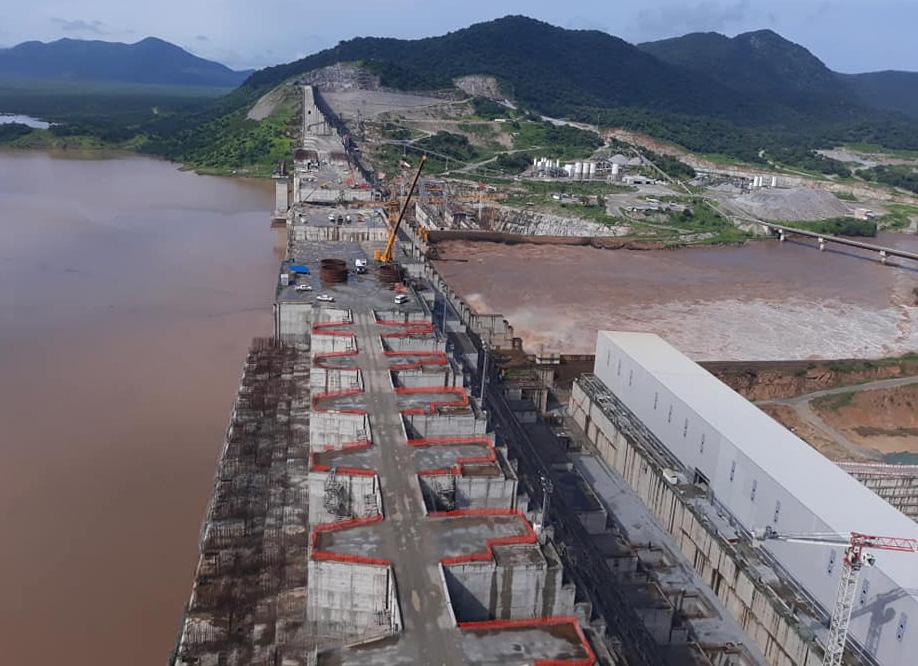
3 minute read
GERD: to Light up South Sudan
GERD

Advertisement
GERD : To Light Up South Sudan
getting Image
The last fortnight witnessed the flow of mixed reactions among citizens of South Sudan and Ethiopia when media reports alleged that Egypt was granted a piece of land close to the latter’s border upon which to build a military base.
The feelings that creeped through society seem to emanate from recent escalation in events surrounding Ethiopia’s efforts to boost its energy levels by constructing a dam over the Nile, the Grand Ethiopian Renaissance Dam.
Depending on who you spoke to, many felt the timing of the rumored bilateral deal between Cairo and Juba did not meet the purpose.
Well, this fears were swiftly countered when South Sudan’s Ambassador to Ethiopia, James Morgan, issued a statement denying any agreement has ever been reached with Egypt on the alleged military base.
“If any force intends to attack Ethiopia via South Sudan, it will first face the people of
South Sudan,” Morgan told Ethiopian Press.
“The information is completely false. The information is shared by a group who has interest to undermine the existing cooperation
between the two countries,” He said.
An expert in the know of events along the Nile Basin says the construction of the Dam seem to have little to no impact on South Sudan’s share of the Nile waters.
But also notes it indicates just one of many hurdles countries along the longest river on the continent have to deal with when matters regarding this precious natural resource comes to discussion.
Well, South Sudan has been planning on building a number of Hydro-electricity dams to meet its energy demands along the Nile. Fulla Rapids in Nimule was named as one site for such dams. Unfortunately it has not come to pass as yet. This was meant to boost ever increasing demands for clean and reliable energy.
ABYSSINIA BUSINESS NETWORK ABN

“If any force intends to attack Ethiopia via South Sudan, it will first face the people of South Sudan,” Morgan told Ethiopian Press.

As recent as 2019, South Sudan agreed with Uganda to extend power to the border towns of Nimule, Kaya and Kajo Keji. This was to increase power utility and boost trade.
A similar situation could be confirmed from the GERD, once it is completed.
At 6.45 gigawatts, the dam will be the largest hydroelectric power plant in Africa when completed, as well as the seventh largest in the world.
With such capacity, power exports to Sudan, Egypt, Kenya, Djibouti and even South Sudan could mean reducing the carbon footprints produced by generators running on fossil fuels in these countries.
For instance, South Sudan currently relies on power supply from huge generators to power its capital, Juba. And of all the population, less than 1% is connected to the current grid and less than 4% in urban centres have access to electricity. Tony Kamba Editor In Chief Mix Business Newspaper South Sudan
For most households with no access to the grid, individuals have decided to go on installing solar systems. However most households and small businesses cannot afford the luxury of solar power due to cost implications.
While it could be one of the most expensive ventures to import power to Juba from Ethiopia due to nearly 900kms stretch between the two locations, it will be a good serve to border towns.
If both governments decide to ink a deal, border towns will receive unhindered supply of electricity anytime.










